15 Historical Events That Almost Didn’t Happen
History often feels inevitable in hindsight, as if every major event was destined to unfold exactly as it did. Yet the truth is far more fragile – countless pivotal moments in human history balanced on a knife’s edge, where a single decision, coincidence, or twist of fate could have sent everything in a dramatically different direction.
Let’s explore some of the most remarkable moments where history nearly took an alternate path.
The First Moon Landing
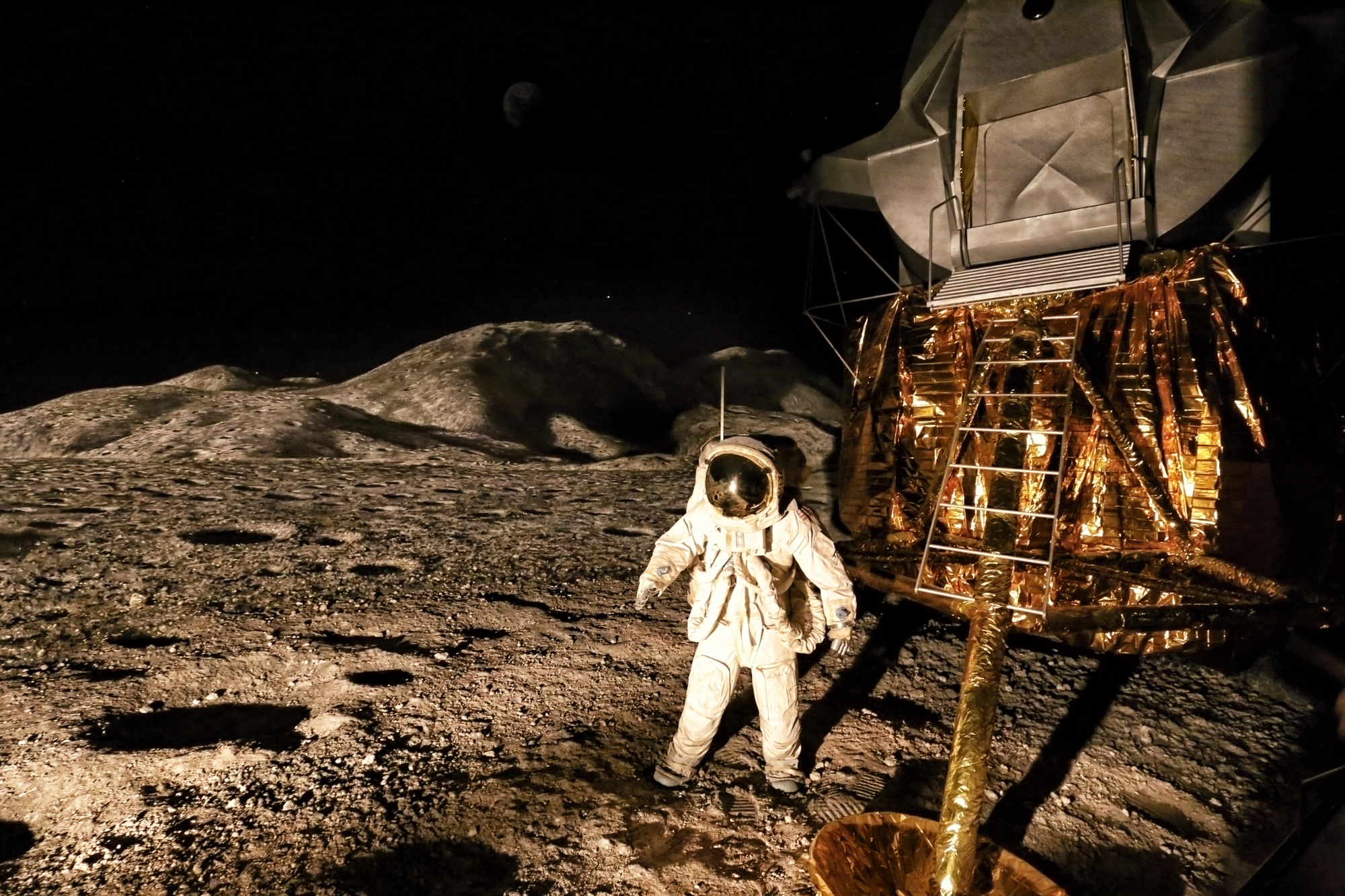
As Apollo 11 descended toward the lunar surface, their guidance computer began flashing warning signals and threatened to abort the mission. With just minutes of fuel remaining, NASA faced a crucial decision: abort the landing or trust that the computer’s alarms wouldn’t prevent touchdown.
Flight controller Steve Bales had mere seconds to make the call, and his decision to continue despite the warnings made history possible. The cause? The computer was simply overwhelmed with data but could still function – a fact that wouldn’t have been known without intensive preparation by the ground crew.
The Discovery of Penicillin
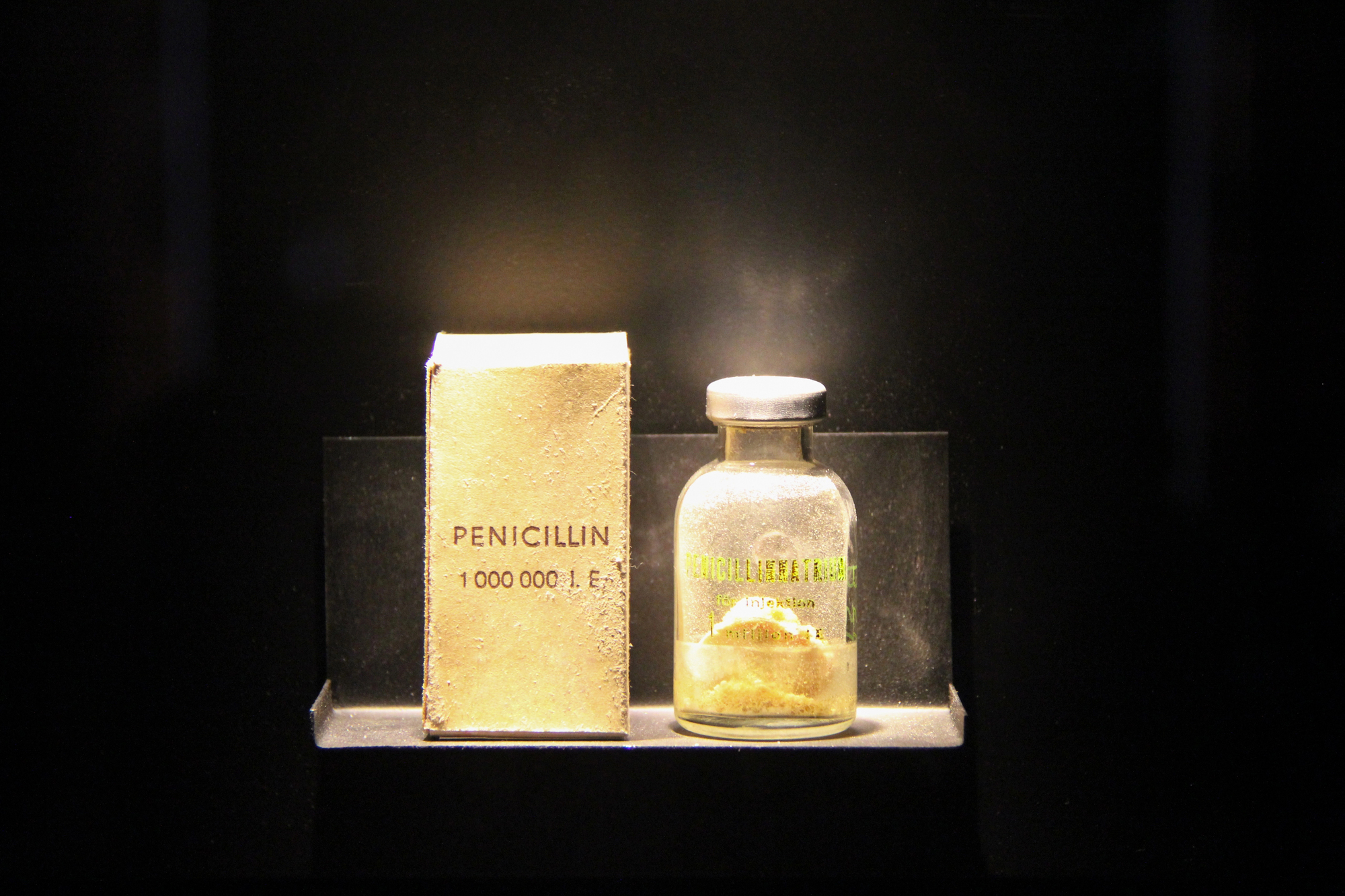
Alexander Fleming’s discovery of penicillin hinged on a series of unlikely events. He left a contaminated Petri dish out while on vacation, and instead of immediately disposing of it upon return, his natural curiosity led him to examine why bacteria wouldn’t grow near the mold.
Had he followed standard laboratory protocols and discarded the contaminated sample, one of medicine’s greatest discoveries might have been delayed by decades.
Like Go2Tutors’s content? Follow us on MSN.
The Fall of the Berlin Wall
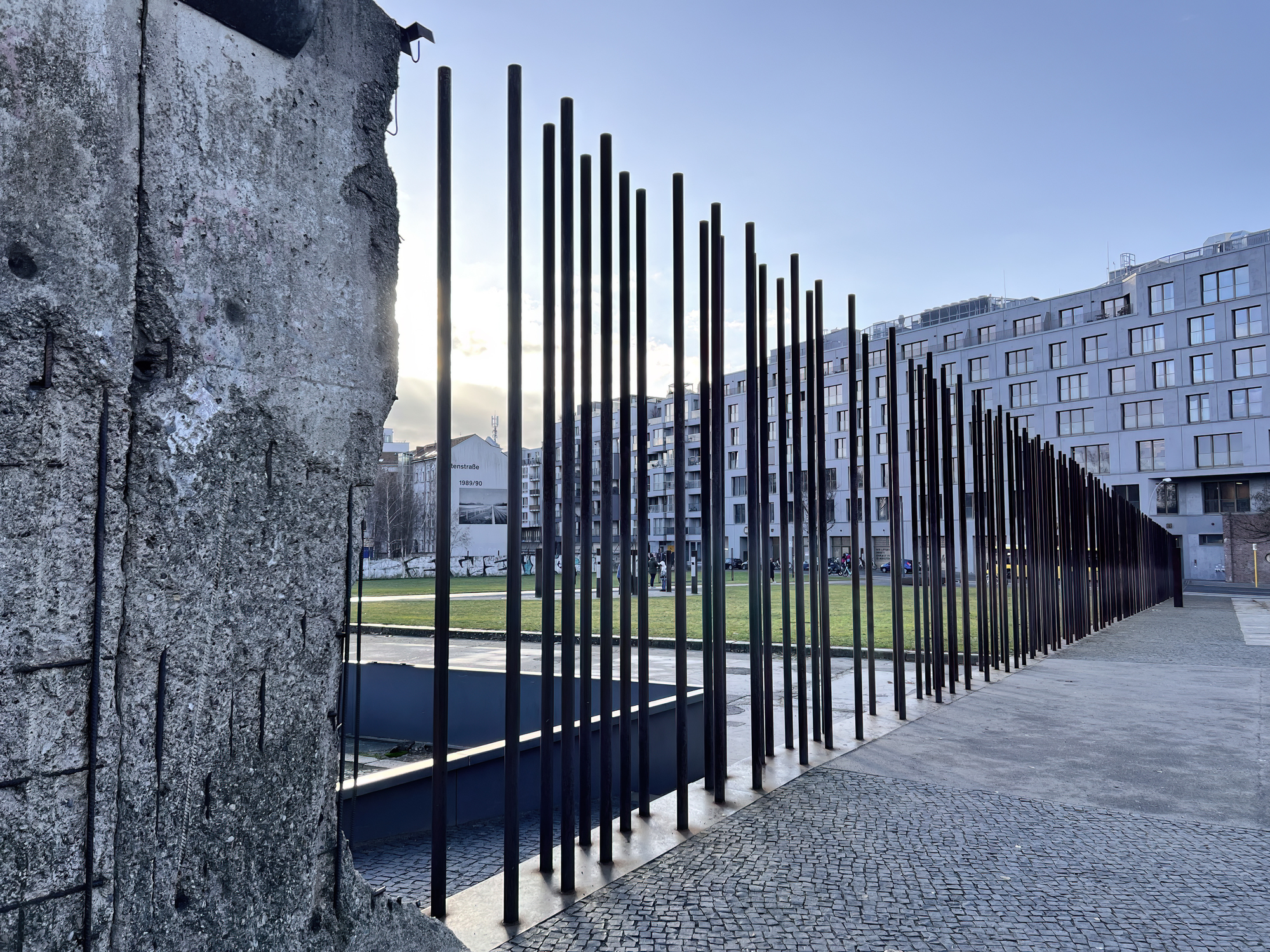
The fall of the Berlin Wall began with a misunderstanding. During a press conference, East German spokesman Günter Schabowski incorrectly announced that new travel regulations would take effect “immediately.” In reality, the regulations weren’t meant to be implemented until the next day, with proper controls in place.
The confused announcement led thousands of East Berliners to gather at checkpoints, overwhelming border guards who eventually allowed them through, effectively ending the Cold War division.
The Survival of George Washington
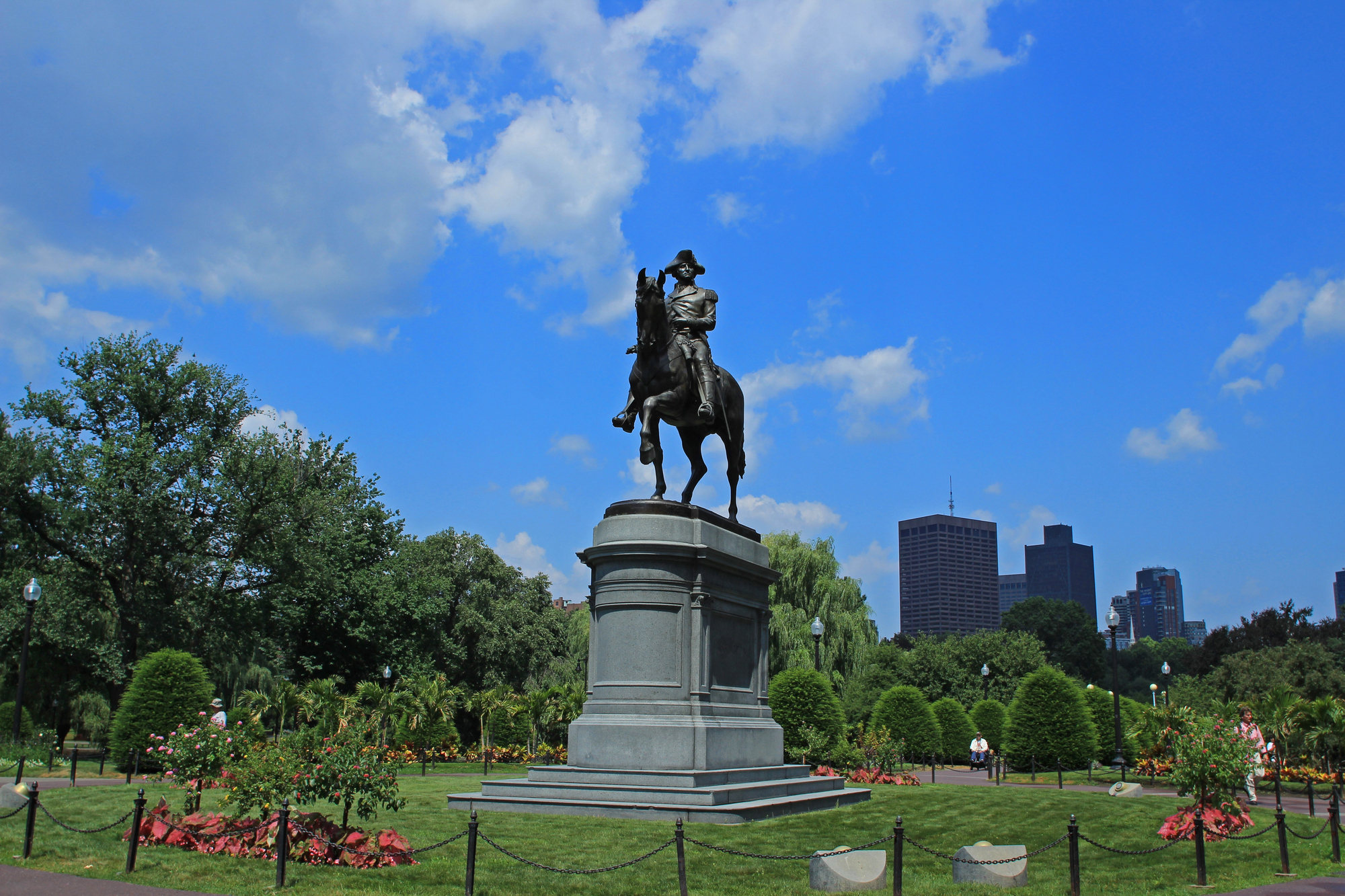
During the French and Indian War, young George Washington survived multiple close calls in a single day. Native American allies initially mistook him for an enemy and fired, missing by inches.
Later that same day, he fell into an icy river while crossing on a makeshift raft. Had any of these incidents ended differently, the American Revolution might have unfolded in dramatically different ways – if it happened at all.
The Prevention of Nuclear War
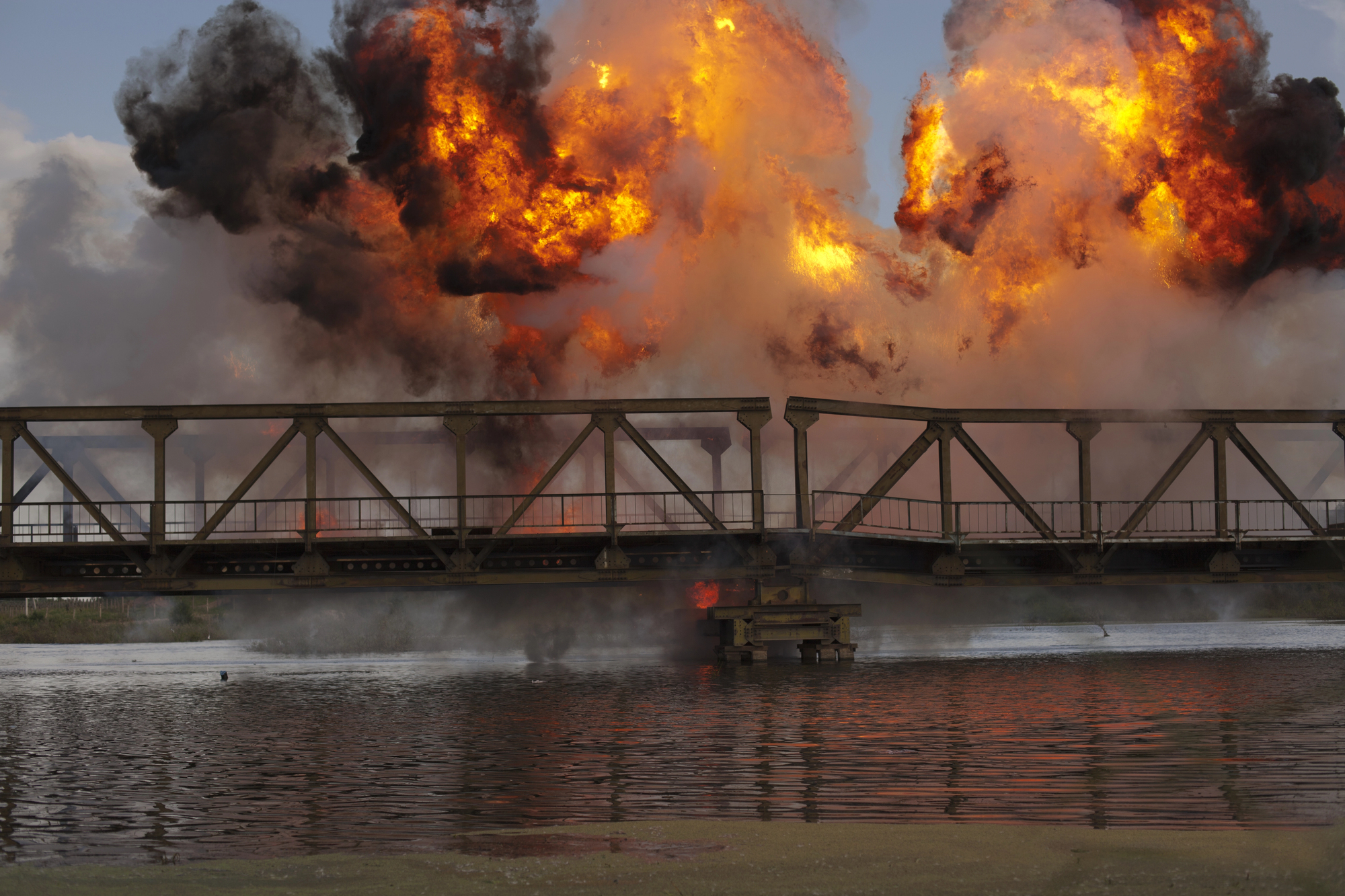
During the height of the Cuban Missile Crisis, a Soviet submarine near Cuba, equipped with nuclear torpedoes, lost contact with Moscow. When American ships began dropping depth charges to force it to surface, the submarine’s commanders debated launching their nuclear weapons.
Launch required agreement from all three senior officers – two agreed, but one, Vasili Arkhipov, refused. His single decision may have prevented nuclear war.
Like Go2Tutors’s content? Follow us on MSN.
The Rise of Thomas Edison
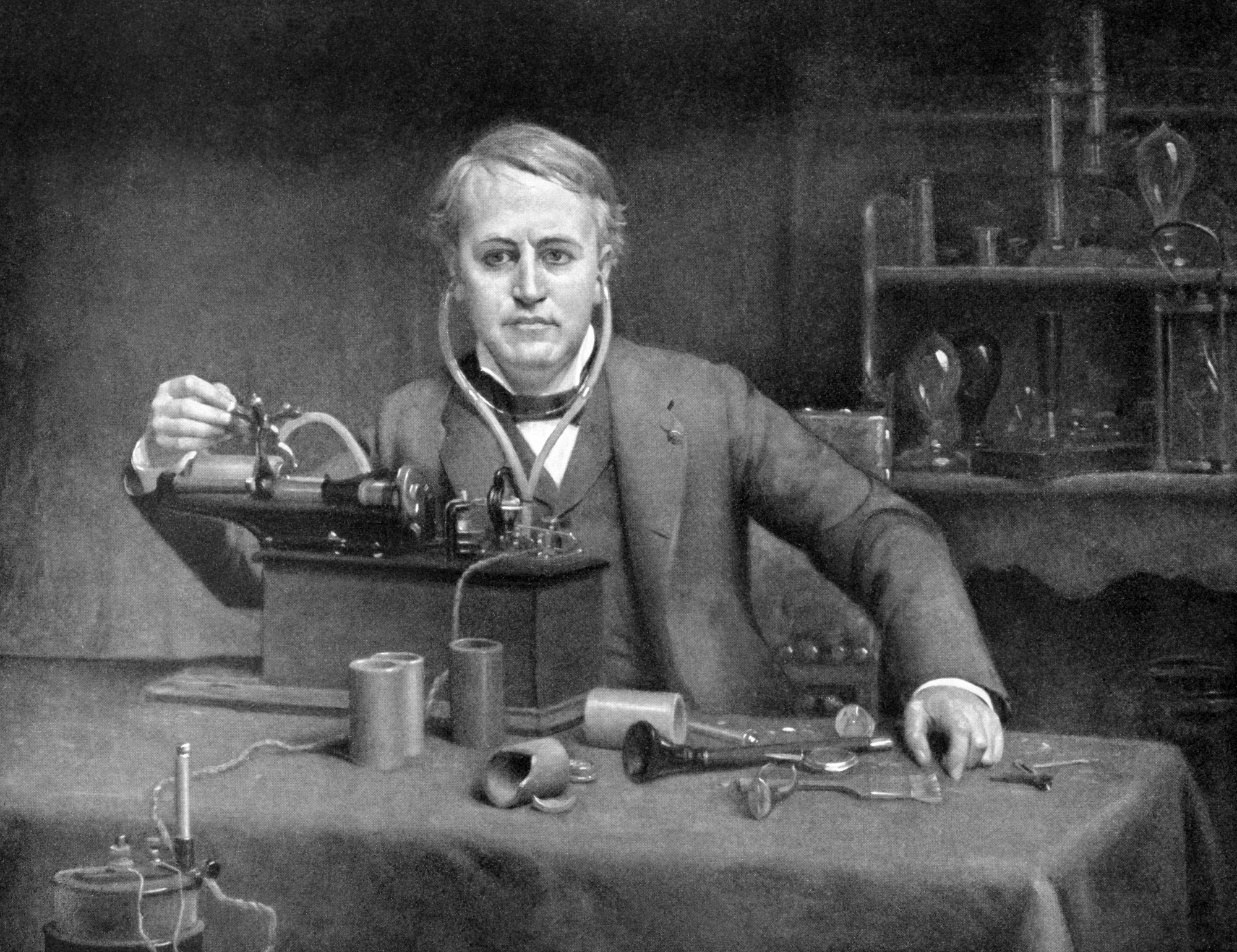
Thomas Edison’s remarkable inventive career nearly ended before it began. As a young boy working on the railroad, he was pulled aboard a moving train by the conductor after saving the man’s child from an oncoming train.
The grateful conductor then taught Edison railroad operations and allowed him to set up a laboratory in a train car, launching his early experiments. Without this fortuitous rescue and mentorship, the course of technological development might have been vastly different.
The Making of Shakespeare
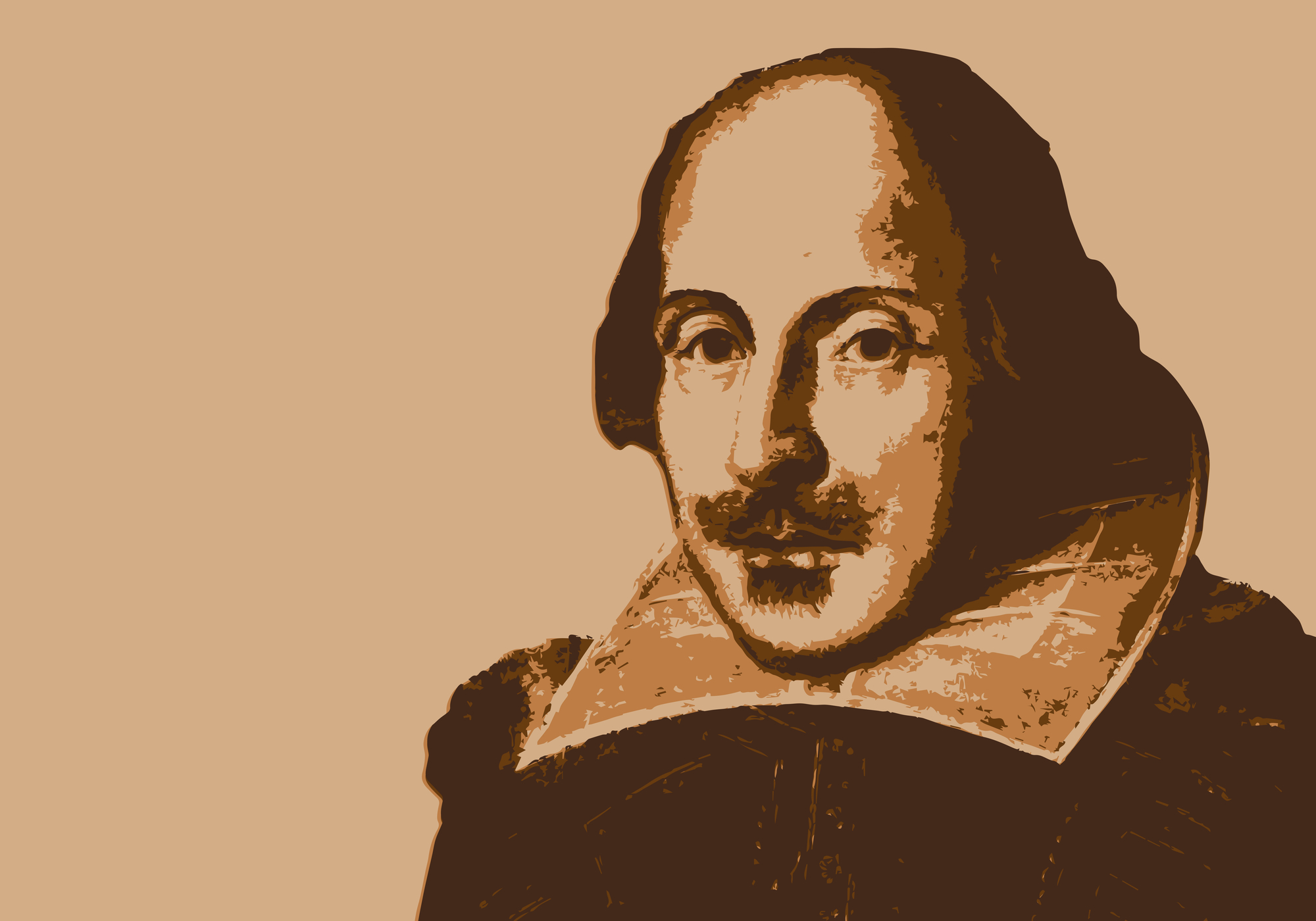
The young William Shakespeare’s acting company faced disaster when London’s theaters closed due to plague outbreaks. This forced closure gave him time to focus on writing poetry instead of performing, leading to his earliest successful works.
Had the theaters remained open, he might have continued primarily as an actor rather than becoming history’s most celebrated playwright.
The Path of Napoleon
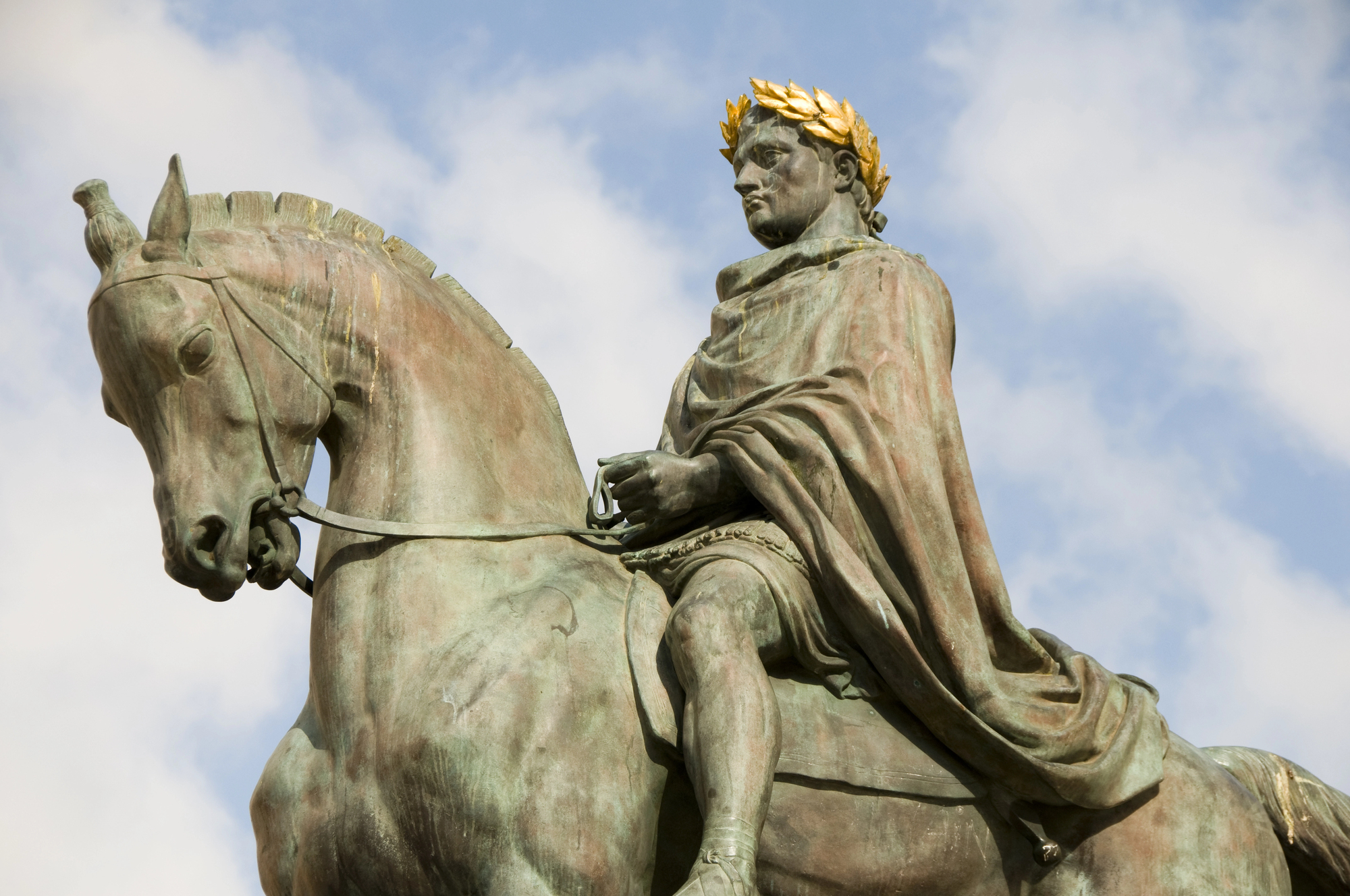
Before his military career, Napoleon Bonaparte attempted to become a professional author. He submitted a romantic novel to publishers but faced rejection.
Had any publisher accepted his manuscript, the ambitious young officer might have pursued a literary career instead of military conquest, dramatically altering European history.
Like Go2Tutors’s content? Follow us on MSN.
The Career of Einstein
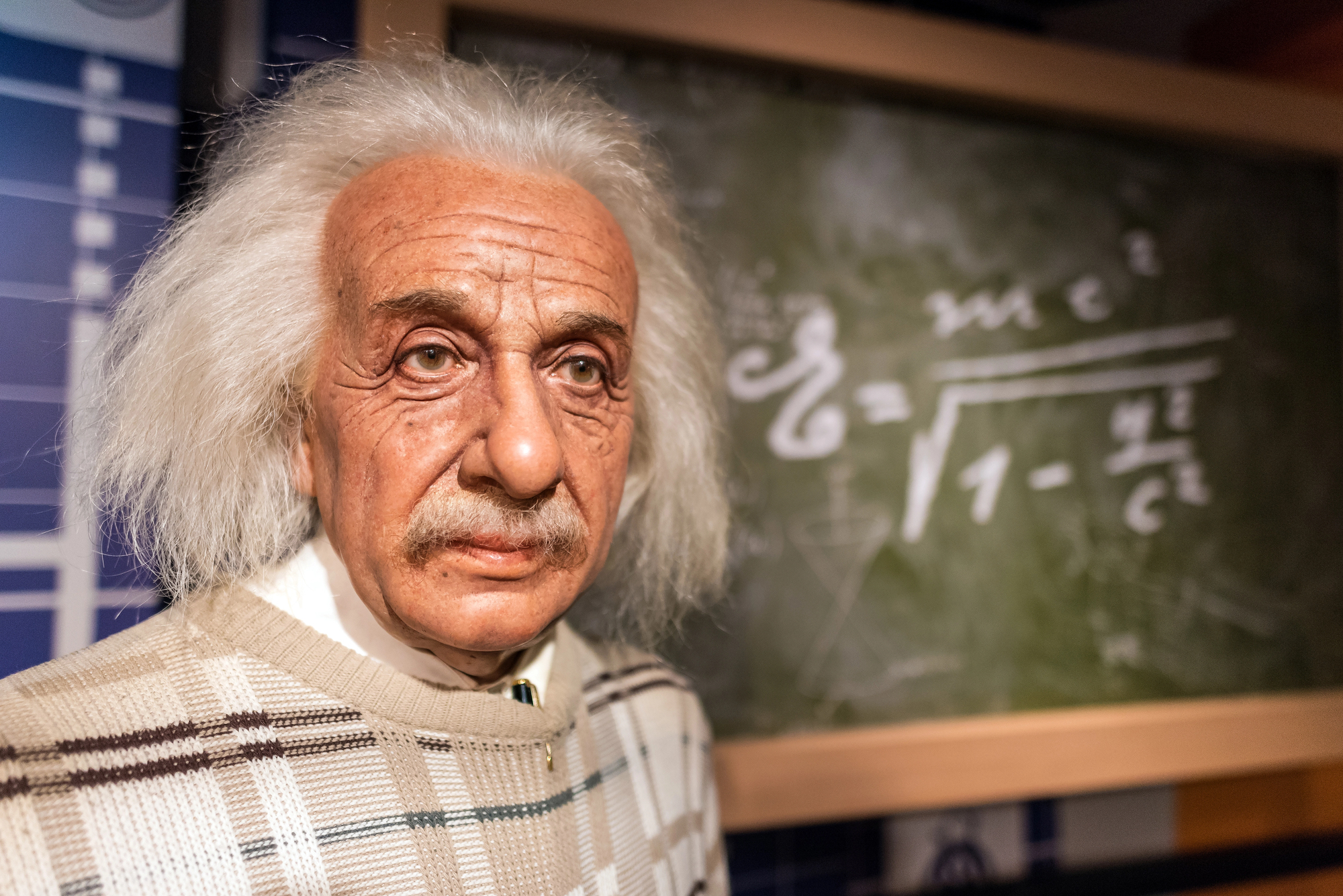
When Albert Einstein couldn’t secure an academic position after graduation, he took a job as a patent clerk. This seemingly disappointing career turn actually provided him with both steady income and time to develop his revolutionary theories.
The regular work hours and intellectual stimulation from examining patents may have contributed directly to his miraculous year of scientific breakthroughs in 1905.
The Sinking of the Titanic
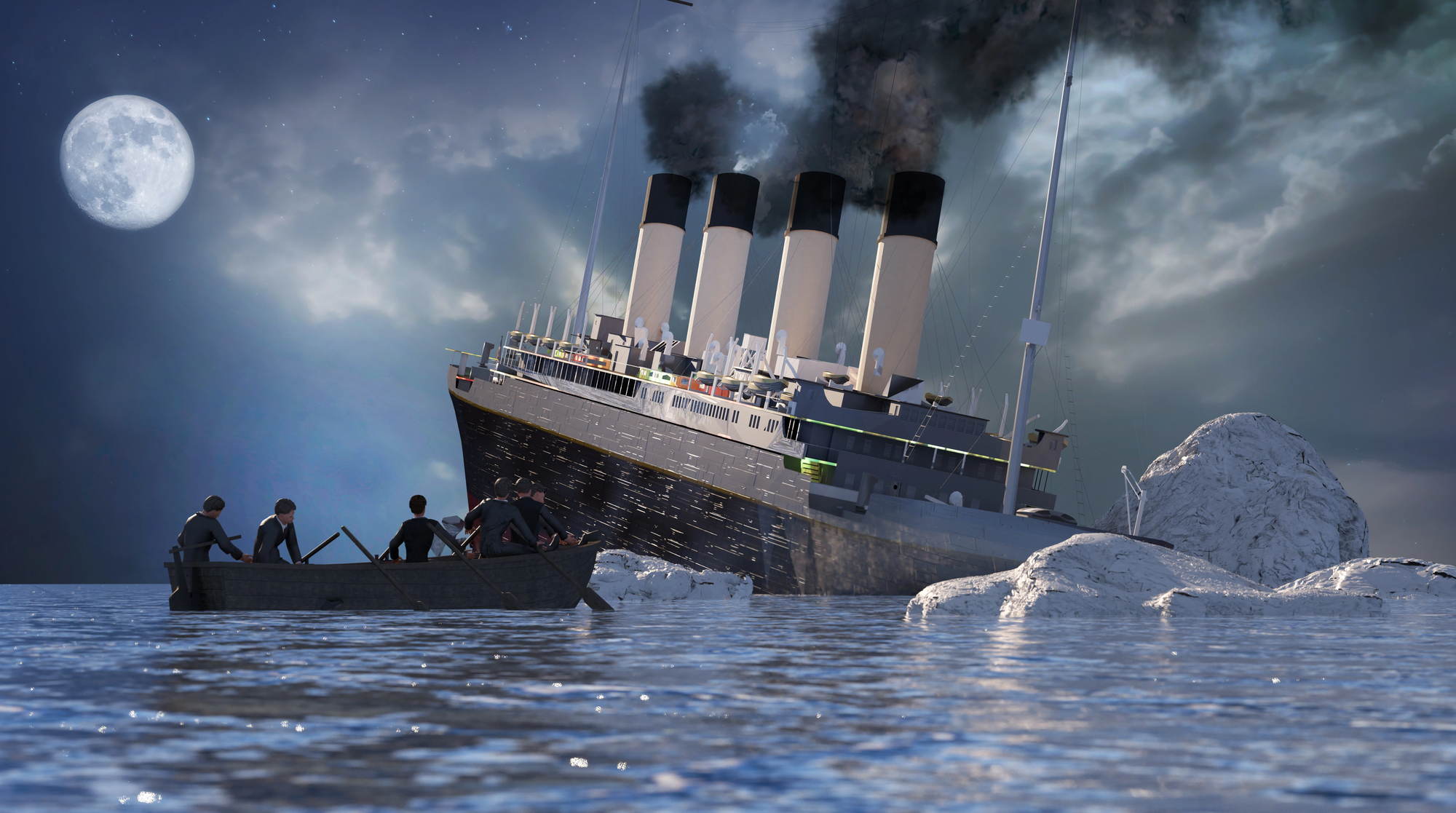
The Titanic’s crow’s nest binoculars were accidentally locked away in a cabinet, and the key had been forgotten in Southampton. The crew member who had the key had been transferred off the ship at the last minute.
Without these crucial tools, lookouts had more difficulty spotting the fatal iceberg in time. A simple spare key might have changed one of maritime history’s most famous disasters.
The Survival of Martin Luther King Jr.
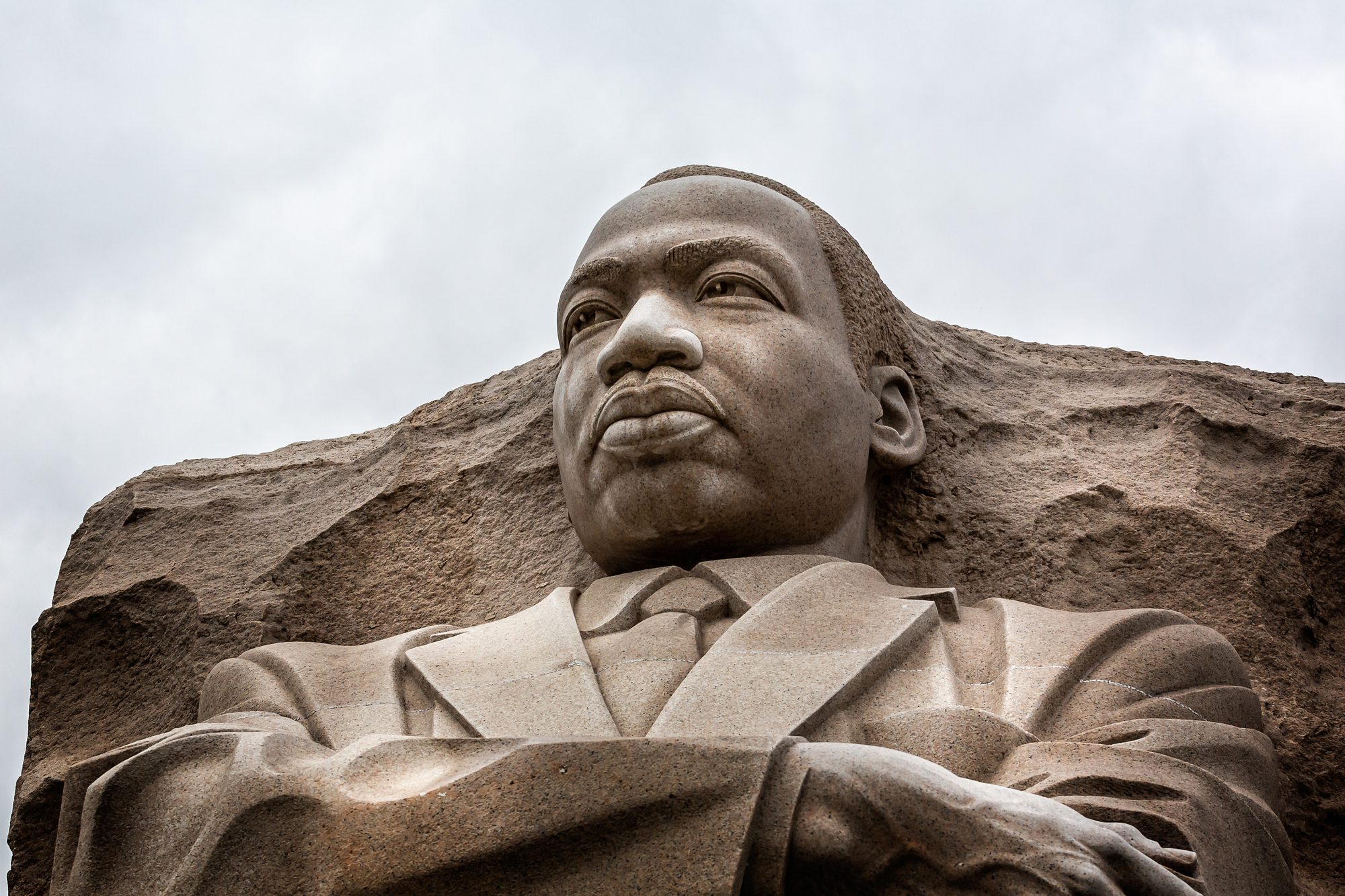
Ten years before his assassination, King survived a close brush with death when a mentally ill woman stabbed him with a letter opener during a book signing. The blade came so close to his aorta that doctors said if he had sneezed, he would have died.
This incident occurred before his most influential work in the Civil Rights Movement, including the March on Washington and his “I Have a Dream” speech.
Like Go2Tutors’s content? Follow us on MSN.
The Great Fire of London
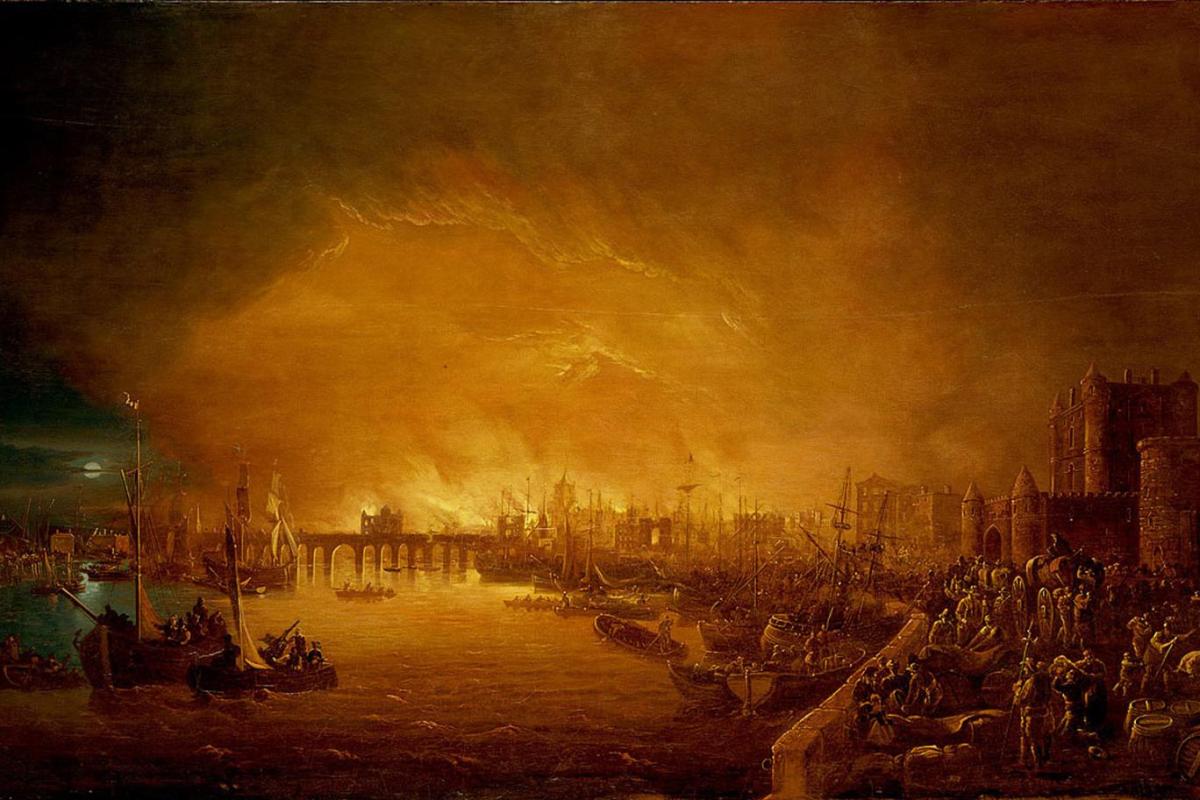
The catastrophic Great Fire of London in 1666 began in a small bakery on Pudding Lane. The mayor, when first alerted, famously dismissed the threat saying a woman could “piss it out.”
This initial underestimation allowed the fire to grow beyond control, eventually destroying much of medieval London. This disaster led to modern building codes and fire fighting services, but only after devastating one of the world’s great cities.
The Invention of Coca-Cola
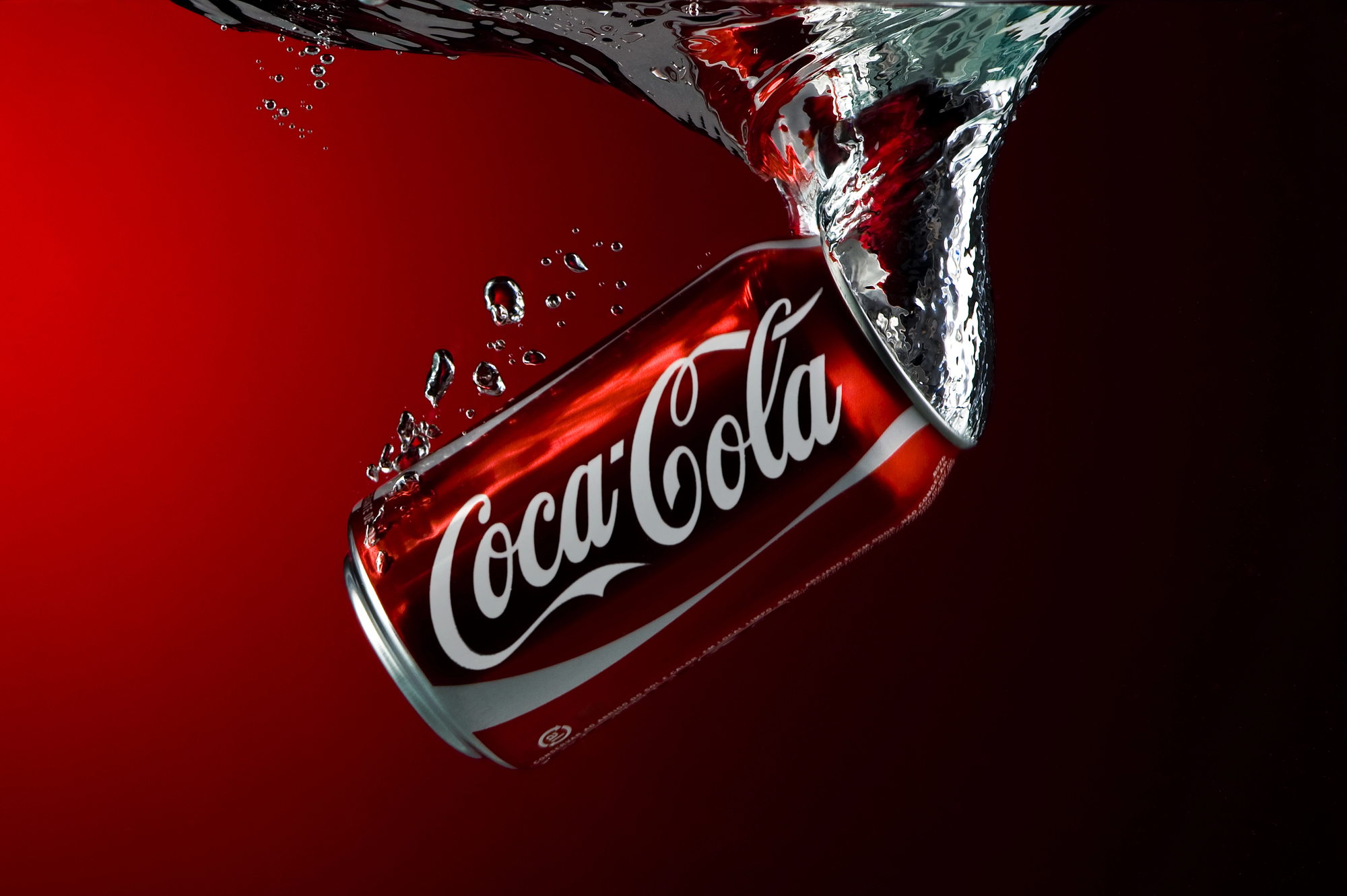
Coca-Cola’s invention stemmed from pharmacist John Pemberton’s search for a non-alcoholic version of his popular coca-wine medicine after local prohibition laws were passed.
Had Atlanta not enacted these temperance laws, one of the world’s most recognized brands might never have existed, remaining instead a modest medicinal tonic.
The Creation of Mickey Mouse
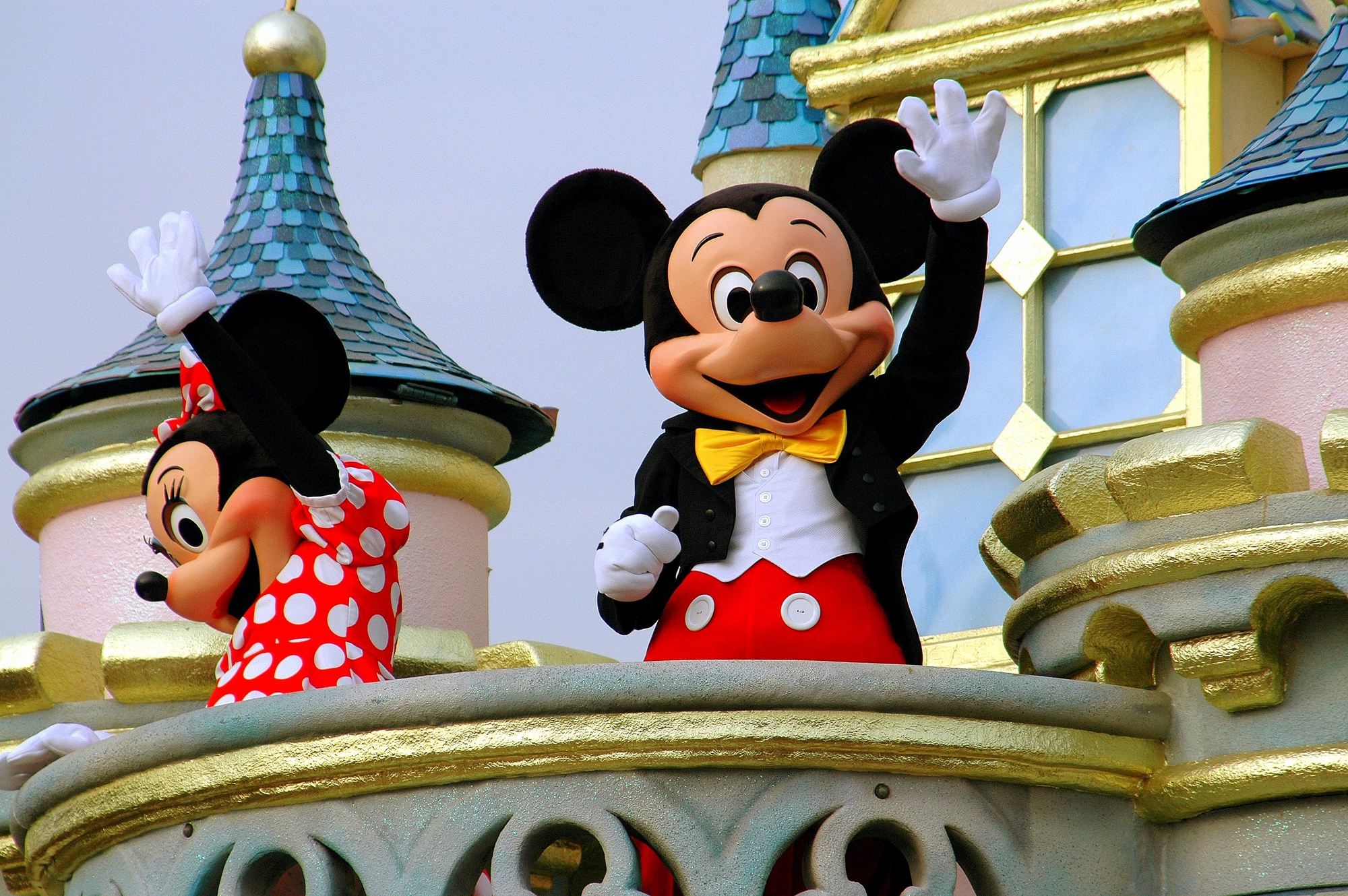
Walt Disney faced bankruptcy multiple times in his early career, with his studio surviving on a series of lucky breaks and last-minute deals. After losing the rights to his first successful character, Oswald the Lucky Rabbit, Disney’s creation of Mickey Mouse represented a final desperate attempt to save his company.
The character’s success came just as Disney had nearly exhausted his financial resources.
Like Go2Tutors’s content? Follow us on MSN.
The Disaster at Chernobyl
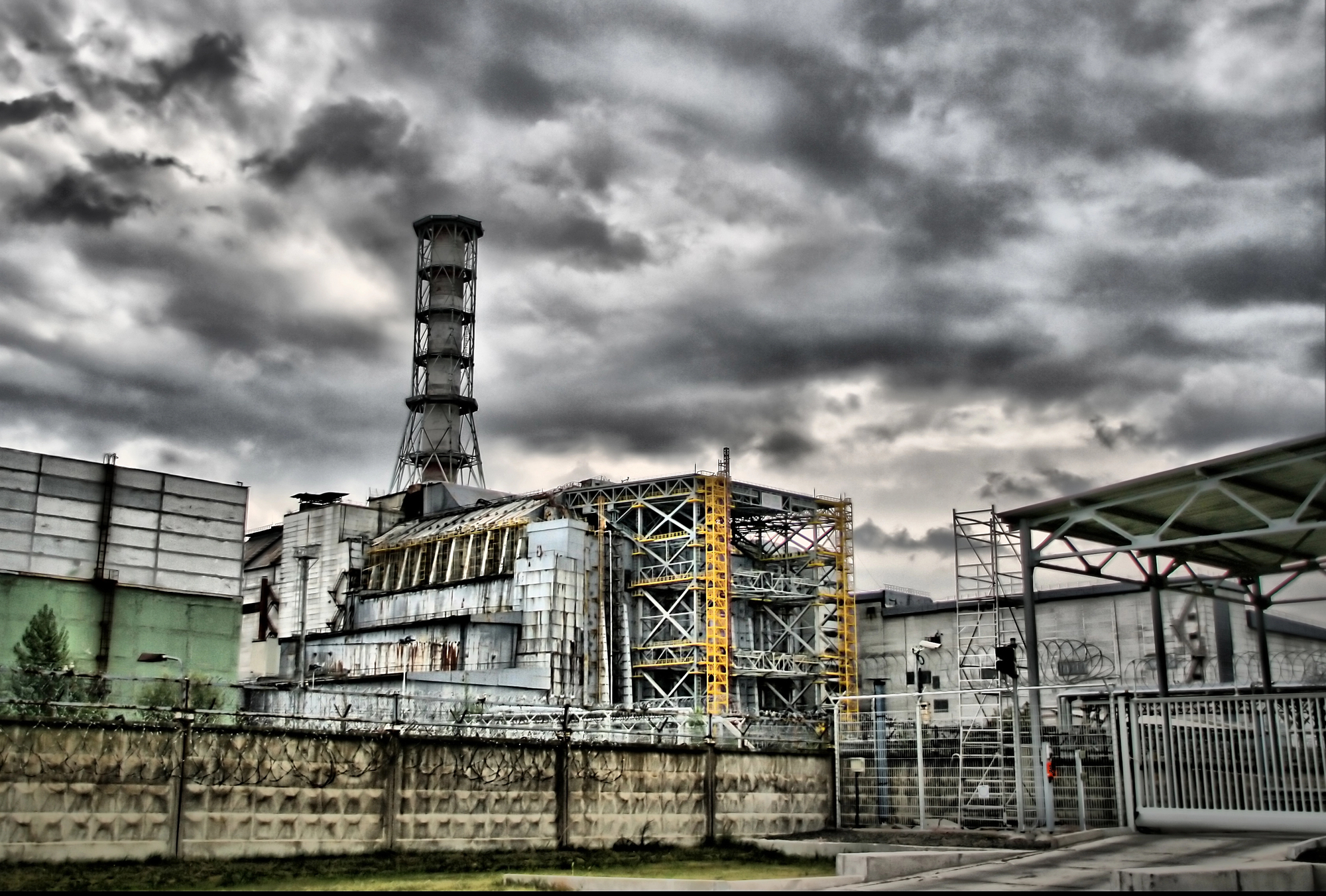
The Chernobyl disaster began with a safety test that was supposed to occur during the day shift but was delayed to the night shift due to power demands from the grid. The night crew was less prepared for the test, leading to crucial mistakes.
This simple scheduling change may have contributed to one of history’s worst nuclear accidents.
The Delicate Dance of Destiny

These near-misses and close calls remind us that history isn’t a predetermined path but rather a complex web of choices, chances, and circumstances. While we often focus on what did happen, understanding what almost didn’t happen gives us a deeper appreciation for history’s fragility.
It teaches us that individual decisions matter, that seemingly small moments can have enormous consequences, and that the course of human events often balances on remarkably delicate turning points.
More from Go2Tutors!

- Famous Battles: How Much Do You Really Know About U.S. History?
- Top 5 Most Important Skills, According To Harvard Business School
- How Well Do You Know 90s Pop Culture? Take the Quiz
- Master the Art of Public Speaking with These Expert Tips
- Think You Know Capitals? Put Your Knowledge to the Test
Like Go2Tutors’s content? Follow us on MSN.



